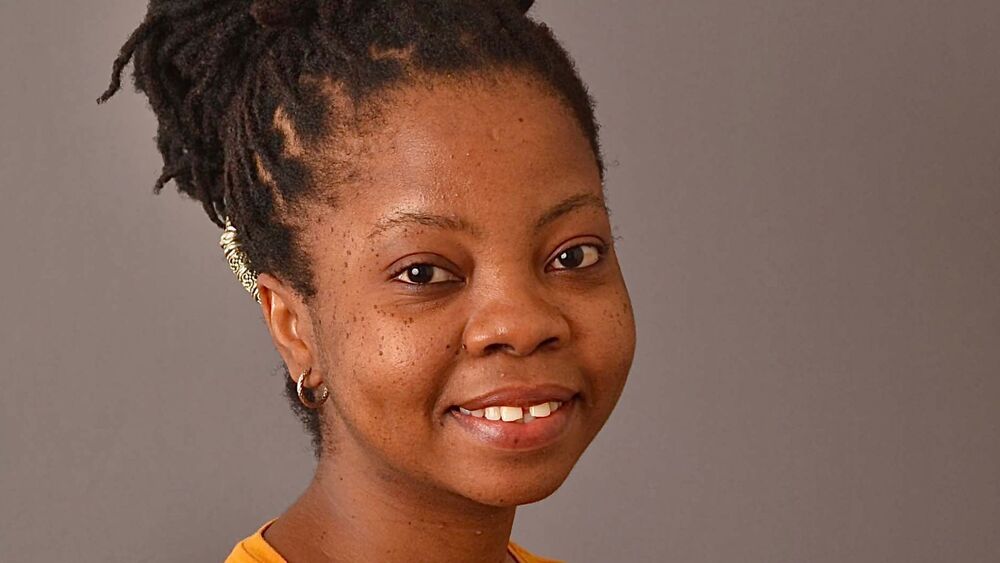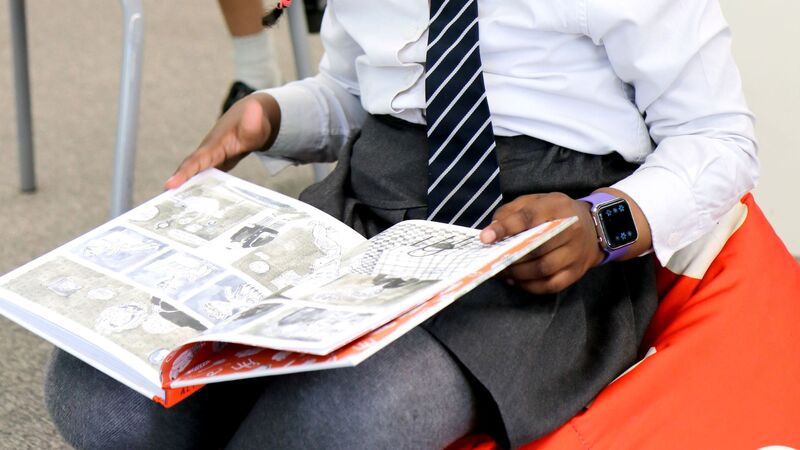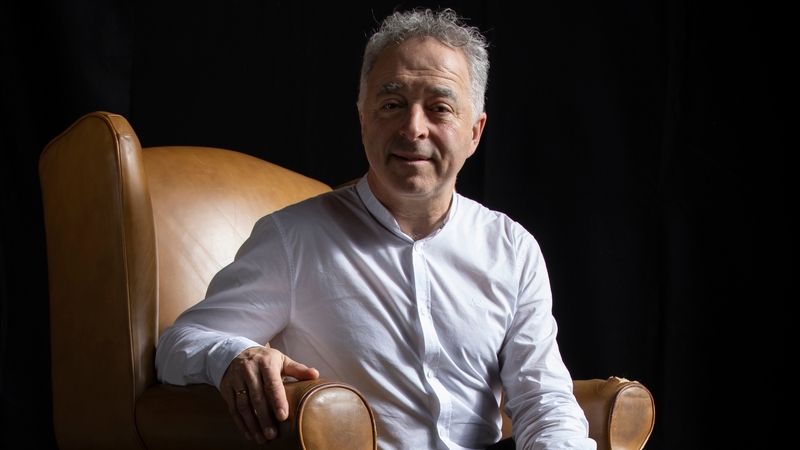You are viewing your 1 free article this month. Login to read more articles.
Kenyan writer Luhumyo wins £10k AKO Caine Prize for ‘incandescent’ story
Idza Luhumyo has been awarded the £10,000 AKO Caine Prize for African writing with her "incandescent" short story "Five Years Next Sunday".
The Kenyan writer’s winning work was chosen from 267 entries whittled down to a shortlist of four other stories by a judging panel chaired by Okey Ndibe. Luhumyo was announced as the winner at an award ceremony at London’s Victoria & Albert Museum on 18th July.
The story also won the 2021 Short Story Day Africa Prize and will be will be published in the 2022 AKO Caine Prize anthology later this year by Cassava Republic Press. Ndibe said: “What we liked about the story was the mystical office of the protagonist, who is both ostracised and yet holds the fate of her community in her hair.
“She is stripped of agency by her immediate family, as well as the Europeans who give the impression of placing her on a pedestal, yet within that seeming absence of agency, and oppressive world, is her stubborn reclamation of herself. The dramatic tension in the story is so powerful and palpable that it’s like something you could cut with a knife.”
Also judging the prize were French-Guinean author and academic Elisa Diallo, South African literary curator and co-founder of The Cheeky Natives Letlhogonolo Mokgoroane, UK-based Nigerian visual artist Ade ‘Àsìkò’ Okelarin and Kenyan co-founder of the Book Bunk Angela Wachuka.
Shortlisted alongside Luhumyo was Nigerian writer Joshua Chizoma for his story "Collector of Memories", Ghana’s Nana-Ama Danquah for "When a Man Loves a Woman", Ethiopian writer Hannah Giorgis with "A Double-Edged Inheritance" and Billie McTernan from Ghana for her story "The Labadi Sunshine Bar". Each shortlisted writer received £500 and will also be published in the 2022 AKO Caine Prize anthology.
The 2022 judging panel spoke highly of the shortlist, commending the other stories for the quality of writing and variety of genre. Mokgoroane and Diallo applauded the diversity of genre, while Ndibe added that there was “a sense of genius in the other contenders”. Okelarin said the stories were “well written and emotionally resonant”, and Wachuka praised the inclusion of writers who are also editors.
Wachuka said: “The historic import of the prize on writers’ trajectories has ranged from the formation of literary entities, to unmatched global visibility, and opportunities including publishing deals and writing fellowships. I am honoured to have worked with such a formidable group of judges to contribute to the expansion of craft and our publishing ecology.”
















